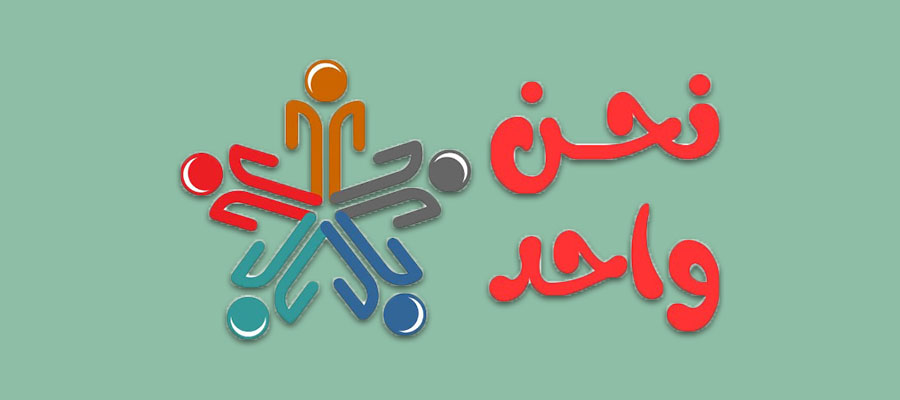
Sudans War: A Wide Market for Collective Misconduct. Who Manufactures its Goods?
Youssef Hamad
For over a year, Sudan has been embroiled in a wide-ranging war, claiming nearly twenty thousand lives, in addition to millions who are either refugees in neighboring countries or internally displaced within the countrys borders, accompanied by complete destruction of most of the infrastructure in the capital Khartoum and some cities and towns.
In fact, the war began two years after a military coup against a transitional government that followed the peaceful revolution that ousted the Islamist regime, and originally started over a power struggle between the army commander and the leader of the Rapid Support Forces militia, the partners in the coup against the planned democratic path.
This analysis is the initial headline adopted for the narrative of the war, but the authoritarian drive alone was not effective enough to give the war its legitimacy and persuasive discourse among the local public opinion, as the coup discourse previously failed to bury the goals of the peaceful December revolution and create a social base supporting the coup among citizens.
This failure to craft a coherent discourse pushed the warlords to create and push a market of collective misconduct and social turmoil for citizens to trade with much alarm that obscures reason and logic, in a country that inherently lives with fragile economies, and is multicultural, multi-religious, and diverse in ways of making a living.
Such an inflammatory market, brimming with racist and hateful rhetoric, was the hallmark of a political era that extended from the rule of the Muslim Brotherhood, and repeated on several occasions. Indeed, most people will find little space for discussion and addressing the discourse of this market through the field of political science; it inherently exists there, in the field of ethical studies. And of course, this trend is not endorsed by any lofty code of honor.
The latest manifestation of this discourse was the widely circulated publication last weekend by the government of Khartoum State regarding the state of emergency in the areas controlled by the army, as the publication allowed what can be described as "ethnic discrimination", by granting the "security committee" the authority to monitor "enemy social incubators", opening the door to a vile state of settling scores based on ethnicity and identity. The practice of politics from this McCarthyist standpoint is disgusting.
In fact, the spread of this discourse cannot be confined; in one way or another, like the internet and its high-speed public domain, it is an important pillar for promoting the discourse of war and the discourse of collective misconduct, and within its folds, there have been speeches characterized by extreme clumsiness and moral degradation, easily reaching a wider audience in the multicultural society.
In this market, one can be a model citizen by prevailing standards, perhaps even a member of an animal welfare association, and also surrounded by an imagined sanctity until we raise it, but ultimately, with multiple and irrational motives, it will revert to being a heartless creature.


